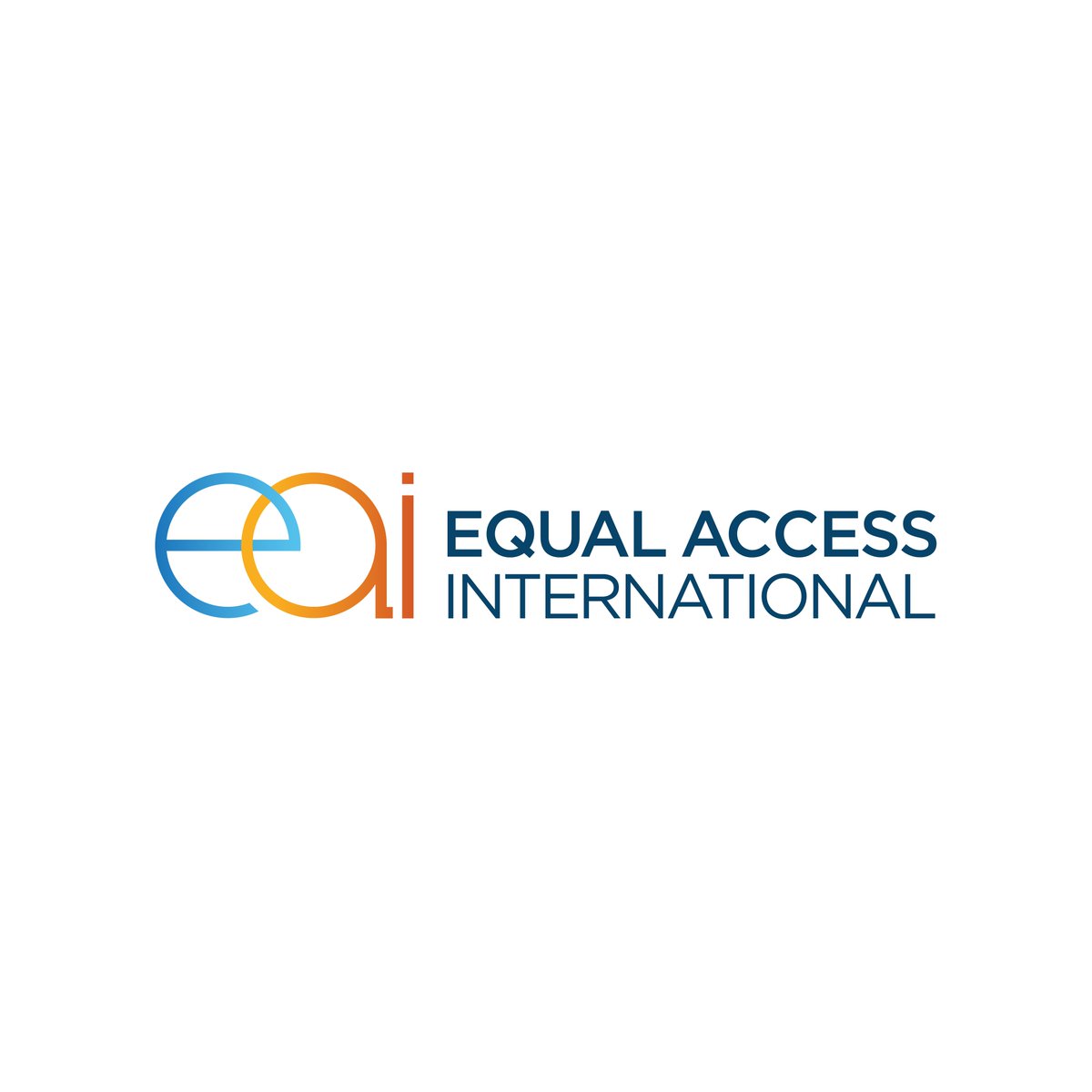Equal Access
Equal Access is a non-profit social enterprise using mass communications to create positive change for underserved communities. They have reached millions of underserved people through their radio programs in nine different countries, and they plan on increasing the numbers of their audience even further.
Equal Access is a global leader in providing social development communication through radio programming. While this model has been successful for over a decade, the rise of Internet access in Nepal suggests a challenge to the organization: like many, it must adapt to this disruptive technology. The transition to an internet platform may provide opportunities to generate earned income and become more financially independent, as currently the organization is heavily dependent on grants and external sources of funding.
In 2013, two fellows conducted research in San Francisco and Nepal on mobile technology and business structure. Lizzy Donahue evaluated SMS Platforms for EA to send and receive mass texts to and from its audience as well as research the mobile potential of the audience in Nepal. Niki Agrawal evaluated how Equal Access can leverage its existing audience outreach to create a desirable source of earned income for expansion.
Drawing on experiences at Anudip, Melissa Bica partnered with Equal Access Fellow Lizzy Donahue for their senior design project in computer engineering: “Text 2 Learn.” They received a Roelandts Grant for this project, which is now archived to your left.

Team
2013
Social Enterprise:
Equal Access
Niki Agrawal
Lizzy Donahue
Faculty Research Mentors:
Dr. Silvia Figueira
Dr. Michael Levenhagen
Deliverables
Books can be an invaluable source of learning. However, in many developing countries, books are rare. In countries with lower literacy rates, publishers often cannot justify the expense of printing books in a local language, and consequently the only books available are in a common international language such as English. Poor infrastructure creates another barrier to distribution in rural areas, and even in heavily populated cities the high price of books (relative to income) drives people to non-consumption. Clearly, hard-copy books are not an effective way of addressing lack of access to books in these countries, and a new solution is needed. Our solution to the lack of access to books in developing countries is to develop a mobile app for reading books on any phone, with minimal data usage and quick accessibility.
